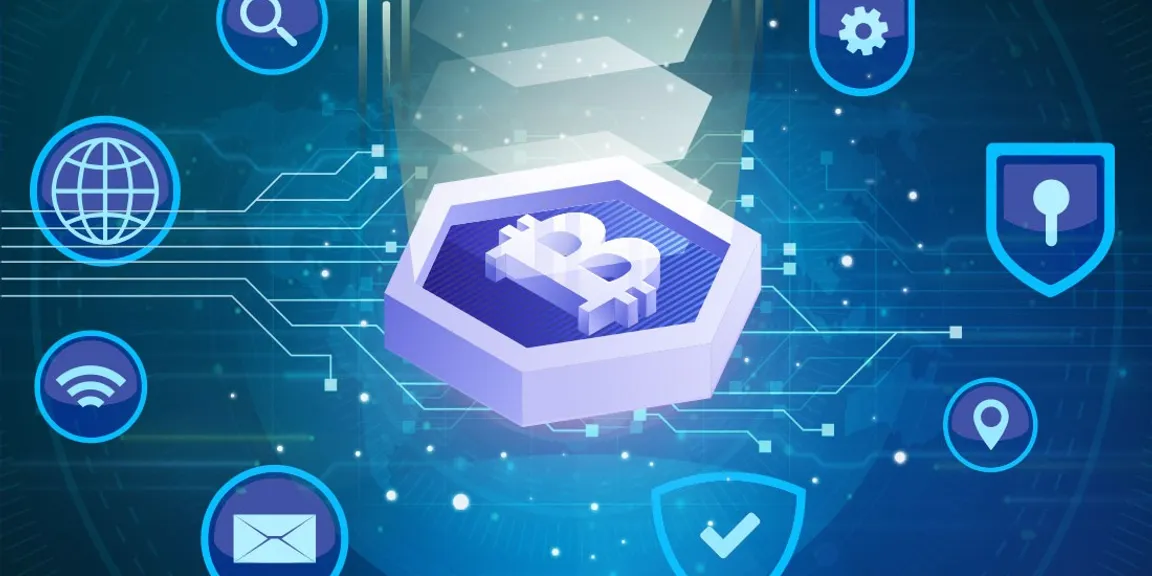Understanding Blockchain Technology: A Beginner's Guide
Introduction:
Welcome to the world of blockchain technology a digital innovation that has taken the world by storm. You might have heard about it in the context of cryptocurrencies like Bitcoin, but blockchain is much more than just a buzzword in the financial realm. It's a groundbreaking technology with the potential to revolutionize various industries, from finance and healthcare to supply chain management and beyond. In this beginner's guide, we'll delve into the essence of blockchain, exploring its definition, key aspects, and relevance in today's world.
What is Blockchain?
Key Aspects of Blockchain:
Decentralization:
Unlike traditional centralized systems where a single authority controls the data, blockchain operates on a decentralized network, eliminating the need for intermediaries and fostering trust among participants.
Transparency:
Every transaction recorded on the blockchain is visible to all participants in the network. This transparency ensures accountability and reduces the risk of fraud or manipulation.
Immutability:
Once a transaction is recorded on the
blockchain, it cannot be altered or deleted. This immutability is achieved
through cryptographic techniques, making the data on the blockchain
tamper-proof and secure.
Consensus Mechanisms:
To add new transactions to the blockchain, consensus among network participants is required. Various consensus mechanisms, such as Proof of Work (PoW) and Proof of Stake (PoS), ensure that all nodes agree on the validity of transactions, maintaining the integrity of the ledger.
Relevance of Blockchain:
Financial Services:
Blockchain has disrupted the financial
industry with the rise of cryptocurrencies like Bitcoin and Ethereum. It
enables secure and transparent peer-to-peer transactions without the need for
intermediaries such as banks or payment processors.
Supply Chain Management:
In industries like logistics and retail, blockchain technology can enhance transparency and traceability throughout the supply chain. By recording the journey of products from manufacturer to consumer, blockchain helps mitigate risks such as counterfeit goods and supply chain fraud.
Healthcare:
Blockchain holds the potential to revolutionize healthcare by securely storing and sharing patient data across healthcare providers. Patients can have greater control over their medical records while ensuring privacy and security.
Voting Systems:
With concerns about election integrity and voter fraud, blockchain-based voting systems offer a transparent and tamper-proof solution. Each vote is recorded on the blockchain, providing verifiable results and increasing trust in the electoral process.
Examples and Anecdotes:
Everledger:
This blockchain-based platform tracks the provenance of diamonds, providing transparency and authenticity in the diamond industry. By recording data such as diamond certifications and ownership history on the blockchain, Everledger helps combat the trade of conflict diamonds and ensures ethical sourcing.
IBM Food Trust:
In collaboration with major retailers and food suppliers, IBM Food Trust utilizes blockchain technology to improve food traceability and safety. By recording data such as product origins, handling processes, and expiration dates on the blockchain, IBM Food Trust enables faster recalls and reduces the risk of foodborne illnesses.
Estonia's E-residency Program:
Estonia, known for its digital innovations, offers e-residency to individuals worldwide, allowing them to access Estonian services and start businesses remotely. Blockchain technology secures the e-residency program, ensuring the integrity and authenticity of digital identities.
Conclusion:
As we conclude our beginner's guide to blockchain technology, it's clear that this revolutionary innovation holds immense potential to transform various industries and reshape the way we interact with data and transactions. Whether it's enhancing transparency in supply chains, securing financial transactions, or improving healthcare systems, blockchain is paving the way for a more decentralized and trustworthy future. So, the next time you hear about blockchain, remember it's not just about cryptocurrencies; it's about unlocking endless possibilities through decentralization, transparency, and immutability. Dive deeper into the world of blockchain, and who knows you might just uncover the next game-changing application of this transformative technology.
.png)





Comments
Post a Comment